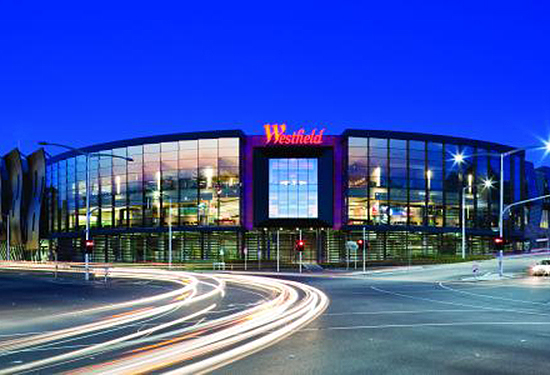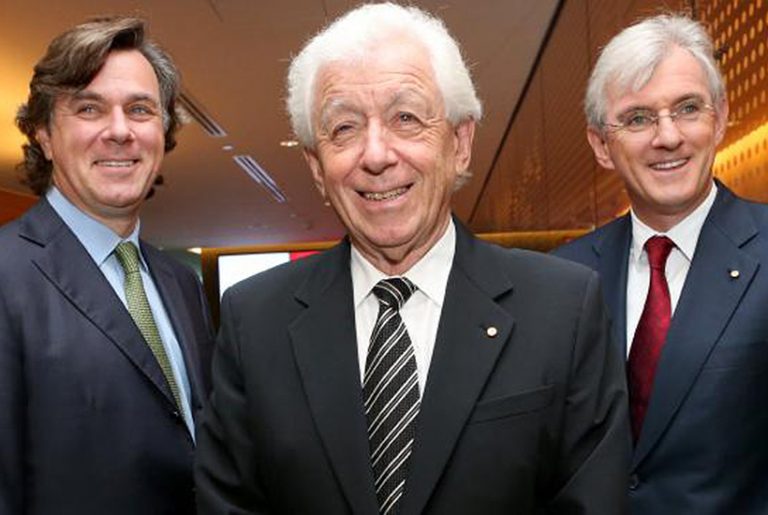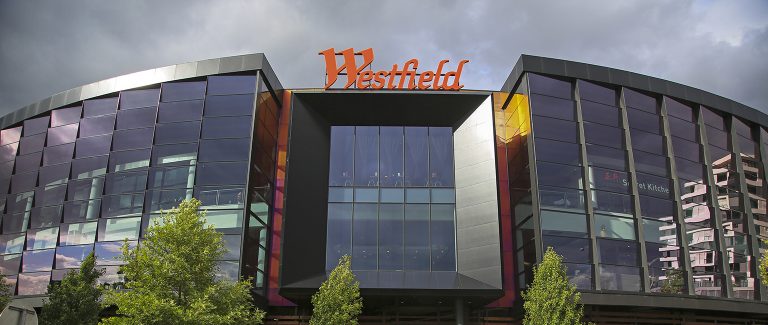Westfield deal will see shop rents climb: Harvey

Billionaire retailer Gerry Harvey believes Unibail-Rodamco’s acquisition of Westfield Corporation will have little impact on the tenants renting its 35 US shopping malls, but others see the deal as a fait accomplias the internet continues to erode retail.
“It won’t make any difference. It’s just a landlord. They try and get as much rent as they can,” Harvey, executive chairman of Harvey Norman Holdings, says.
“Westfield has a great reputation for increasing rents, that is the truth. That is their business model: extract as much as you can.
Commercial Insights: Subscribe to receive the latest news and updates
“If Westfield can get an extra dollar, they will. And so the new owner will have exactly the same attitude.
“There won’t be an ounce of difference (to retail tenants or customers).”
Harvey says the deal, in which the Paris and Amsterdam listed behemoth Unibail-Rodamco will take over Westfield, valuing its portfolio of A and B Grade centres positioned across North America at $US24.7 billion ($32.7 billion), is no reflection on the state of the global retail industry.
But he says some industry analysts will think Westfield was happy to sell out because of the “destructive force” of online retailer Amazon.
“Some of those people also believe there’s a second coming of Jesus. They might be right. Who knows? But I don’t think it will happen,” he said.

Gerry Harvey: ‘Westfield has a reputation for increasing rents’. Picture: Nigel Hallett
Brisbane-based retail landlord Cromwell, which controls €1bn ($1.56 billion) worth of shopping malls across Europe, agrees the eventual owner of Westfield’s retail malls will make scant difference to the livelihood of its tenants or customers.
Cromwell chief executive Paul Weightman told The Australian last night: “Generally people like this are not philanthropic organisations.
“They are motivated to get the best return for shareholders and investors rather than tenants.
“Retail has generally been under pressure due to the structural changes as a result of the internet and it’s very difficult to generate the increases and the terms that were experienced in Australia in the early 2000s,” said Mr Weightman, whose shopping mall and high-street retail portfolio stretches from Poland, to Britain, Germany and Italy.
“That was when goods were cheap and tenant gross margins were increasing and they were all looking to increase their market share, Weightman says.
“Most of them are in retraction mode now.”
Weightman puts most of the blame on the internet, saying his children would never buy goods in a real shop.
“Amazon is certainly destructing retail real estate but there are a number of other destructors such as (Chinese e-commerce, retail and technology conglomerate) Alibaba Group.
“Amazon is one of the biggest destructors in the market.”
This article originally appeared on www.theaustralian.com.au/property.







